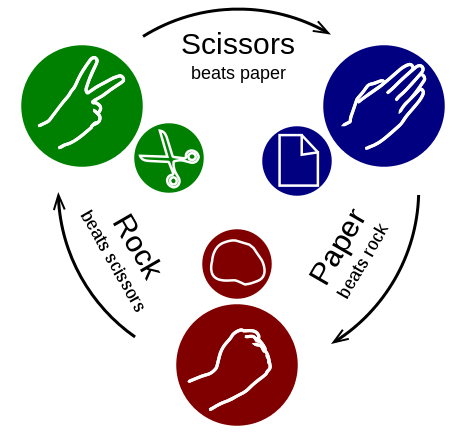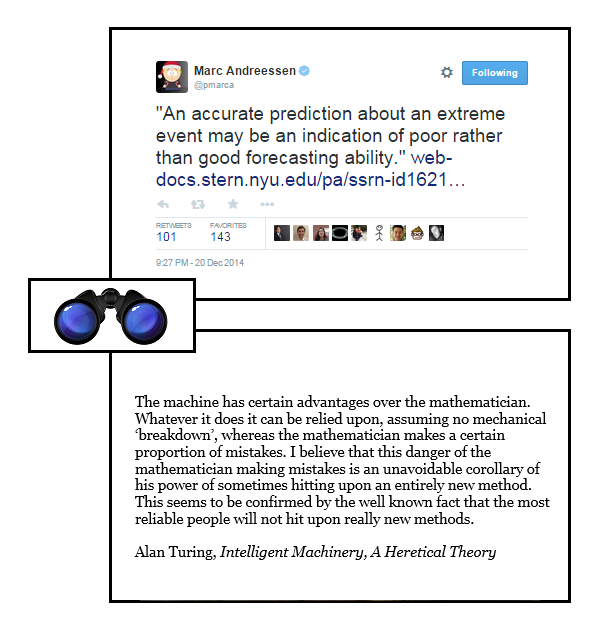Doing without, a new wave?
Sunday, February 23rd, 2020[ by Charles Cameron — intuitive and counter-intuitive redefined, no politicians, no borders, no traffic lights ]]
.
Consider these two titles, both of which I ran across today:
Sources:
The Nation, What Would an Open-Borders World Actually Look Like? New Yorker, Politics Without Politicians
**
Consider: doing without traffic lights:
The original example is Drachten, a town in Holland of 50,000 people. It is home to exactly zero traffic lights. Even in areas of the town with a traffic volume of 22,000 cars per day, traffic lights have been replaced by roundabouts, extended cycle paths and improved pedestrian areas. The town saw accidents at one intersection fall from 36 over a four-year period to just two in the last two years since the lights were removed in 2006.
The counter-intuitive finding is that streets without traffic signals mean that cars drive more slowly and carefully because the rules of the road are ambiguous—there’s no red, green or yellow to tell drivers precisely what to do.
Counter-intuitive. eh? Highly intuitive, and counter to popular assumption, I’d say. Out of the box from one-two-three to zero.







